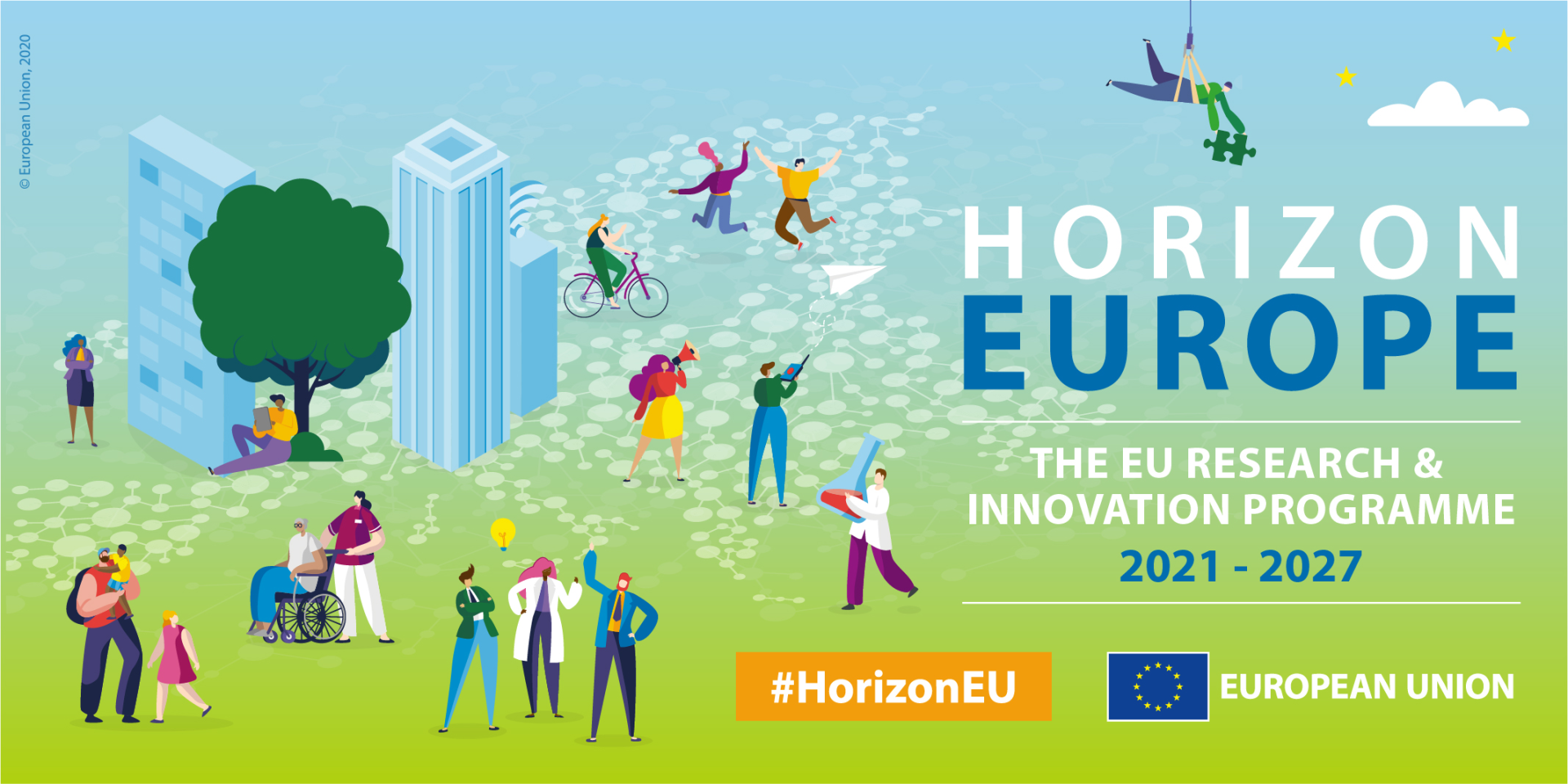
On 29 April, the European Commission pre-published the 2025 and the amended 2023-2025 Horizon Europe Work Programmes (WPs), ahead of their formal adoption planned for early May, in order to provide potential participants with the currently expected main lines of the WPs. The General introduction to the Work Programme 2025 particularly emphasises the European Commission’s deliberate focus on competitiveness, with research and innovation (R&I) at its core, thanks to a total budget of €7.2 billion allocated to the Horizon Europe (HEU) for 2025. The Framework Programme’s annual Work Programme notably recalls the commitment of spending 35% of this sum on climate action. HEU’s Cluster 5, on Climate, Energy and Transport will undoubtedly spearhead the initiative this year, using 93.5% of its resources towards this objective, and benefitting from a budget of €1.23 billion.
Overall, the Work Programme’s orientations align with the Union’s main policy priorities as previously set out in the Commission’s Political Guidelines for 2024-2029 and in the Competitiveness Compass. Similarly answering the Commission’s goal to simplify EU rules, the new Work Programme is meant to be more open, simpler, and less prescriptive. Specifically, its length and number of topics should be reduced while their descriptions should be shortened. Moreover, fewer calls are expected to fund a single winning project, meaning that grantees will face less competition, and that projects will complement each other, without needing to encompass every aspect of a topic. Additionally, the main Work Programme for 2025 will feature 29 topics using a two-stage evaluation process, allowing applicants to only submit a full proposal if successful at the initial stage, which solely requires submitting a short summary proposal. When it comes to funding, for the Commission, simplification also means an increased use of lump sum grants, which will represent 35% of the 2025 budget and even half by 2027.
In its introduction to the WP, the EU Commission also addressed several programmes such as the European Innovation Ecosystems which plays an important role in fostering efficiency and interconnection in R&I, and the Widening participation and strengthening the European Research Area (ERA) WP which works towards tackling fragmentation of the research and innovation landscape, reducing geographical disparities in R&I performance, and boosting R&I through institutional and structural reforms. Lastly, this year, the Commission has propped up the New European Bauhaus, a cross-cutting tool aimed at addressing both the housing crisis and the green transition of the built environment, which now benefits from its own dedicated Work Programme. When it comes to EU Missions, the Commission plans an investment of more than €652 million for 2025, with many climate and environment related activities such as better preparing local and regional authorities to face climate-related risks, restoring at least 25 000 km of free-flowing rivers, creating Climate City Contracts with 100 cities, and rolling out robust soil monitoring programmes.
Horizon Europe’s Cluster 5 on Climate, Energy and Transport is poised to contribute to supporting the objectives of the Clean Industrial Deal such as decarbonisation and the promotion of more sustainable production and consumption models. According to the 2025-2027 Strategic Plan, it should deliver on six expected Impacts, matching the Programme’s six Destinations: advancing science for the clean energy transition; facilitating the transition of the energy and transport sectors; ensuring smart and renewable energy supply; promoting energy efficiency; ensuring the development of a sustainable transport sector; and creating a multimodal and smart mobility system. More specifically, compared to earlier drafts, several calls have been added, notably on supporting smart energy systems, the use of carbon capture, and circularity in the EU’s automotive industry, reflecting current political priorities.
Interestingly, the Cluster 5 Work Programme brings to light the importance of Social Sciences and Humanities (SSH) and citizens and civil society’s involvement in projects, an objective it addresses across the six destinations. In addition, the WP also plans the integration of a Societal Readiness approach through eight pilot topics and a Coordinating and Support Action (CSA) for monitoring and evaluation. Besides, it proposes to reinforce synergies with Knowledge and Innovation Communities (KICs) of the European Institute of Innovation and Technology (EIT) – notably EIT Climate-KIC, EIT InnoEnergy, EIT Raw Materials. On international cooperation, the WP specifically addresses cooperation with African countries and with major emitting nations around the world such as India, which has been invited to consider joining Horizon Europe. The Commission will officially present the Cluster 5 Work Programme topics during its Info Day and Brokerage Event tomorrow.